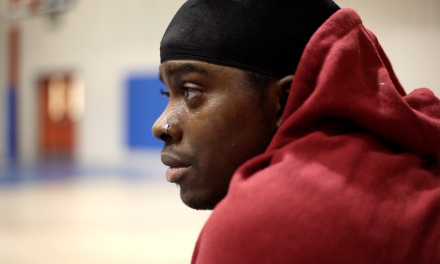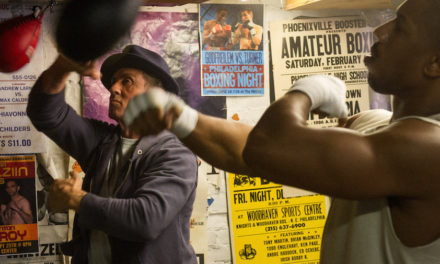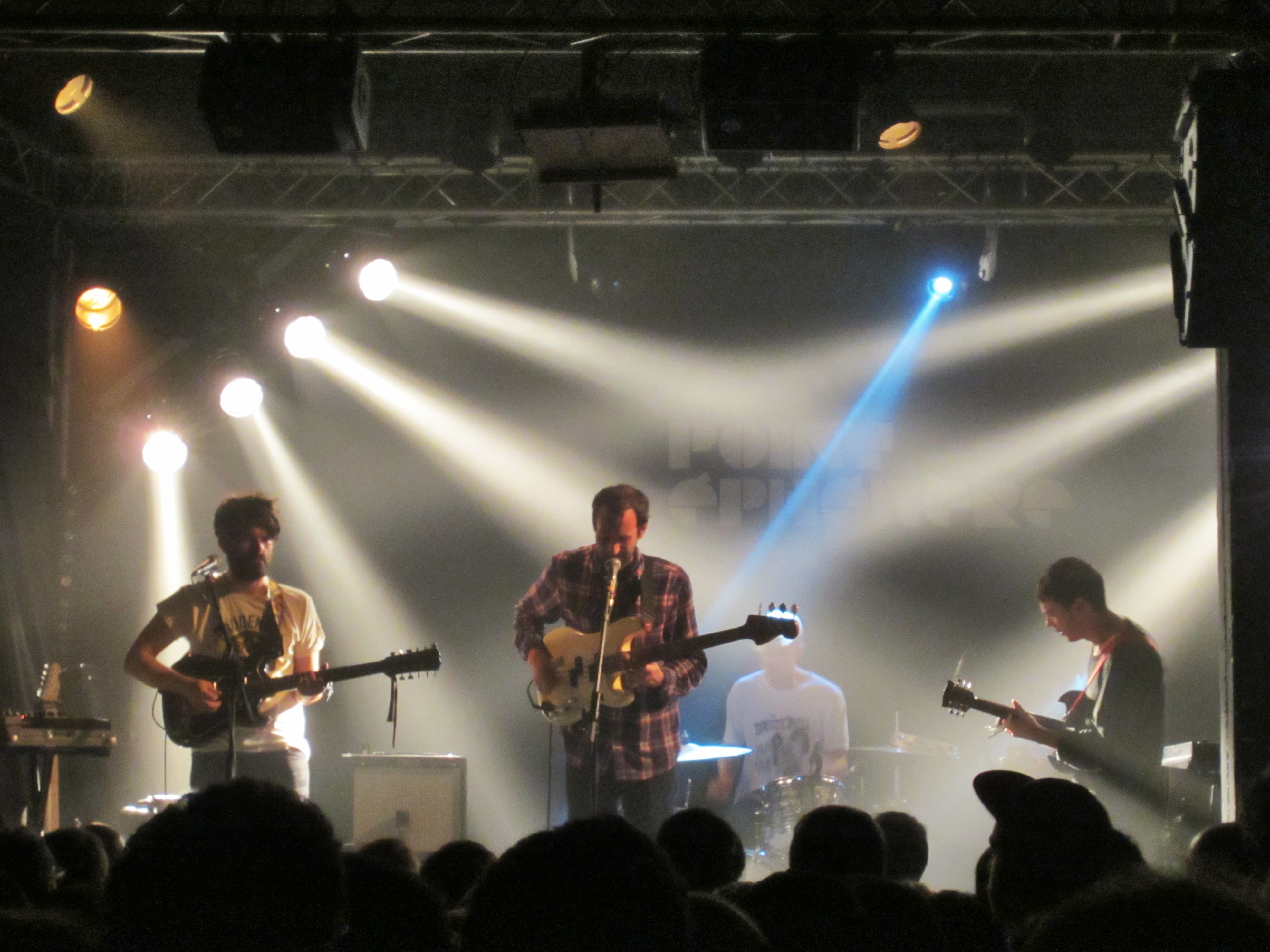In the introduction to “Best American Short Stories of 2016,” Junot Diaz wrote, “Short stories are acts of bravura, and … to read a good one has all the thrill of watching a high-wire act.” Diaz couldn’t be more right — forms that demand brevity are, to quote him again, “unforgiving as f*ck.” When we’re giving our time to something, especially so short, we instinctively demand perfection. There’s no room for error.
But whenever we end up touching that perfection through economy, our reaction is usually (or if it isn’t, it should be) holy crap. Think Mozart, all those artists whose works enshrine the adage of “beauty in simplicity.” They prove it: The subtle powers of art don’t always lie in grandiose or bursts of droning fanfare, but in the raw, stripped-down essentials.
Or so I tell myself every time I go scouring for another 11-minute EP instead of listening to, say, the entire 105 minutes that comprise “Culture II” in one sitting.
I am in love with the EP. Not the specs of vinyl record they pressed in the 1950s by modern-day VCA Records to compete with Columbia’s LP records, even though its technical limitations contributed to our modern definition. The EP of today is essentially any release “longer than a single, shorter than a full album, usually about three to four songs long. But don’t let that dispassionate definition fool you. EPs are, as a form, a gift to music.
The EP is, in some ways, the short story of the musical world. If they’re not good, we throw them away faster than we picked them up. Sure, a couple mistakes or uninteresting minutes might be forgivable on the LP, but when you’ve only got nine minutes of content on your record? Come on.
But there’s also a freedom here. When you’re drafting an EP, there’s no room (or, if under the pressures of a recording contract, no need) for filler. The artist has the option to only produce and release the best of what they have, or even pursue some new, experimental line of musical thinking.
It takes seconds for examples to come to mind. Fugazi’s “Furniture,” for example — it’s as much smoldering D.C. post-hardcore as any other album they’ve released, but there isn’t a single moment on this record that doesn’t evoke pure, discontented, raucous energy. My Bloody Valentine’s “You Made Me Realise,” followed by “Tremolo” were intermediate steps between the noise-pop of “Isn’t Anything” and shoegaze landmark “Loveless.” The entirety of Boards of Canada’s “In a Beautiful Place Out in the Country” mesmerizes, shifting from tender pulsations and expanding soundscapes to beautifully colored sequences of rolling fanfare for all 24 minutes.
The easy counter to everything, though, is that the short EP is a mark of laziness on both the musician and the listener. To a degree, that argument is valid. There is something to be said for grappling with longer, more complex pieces of art, those that don’t instantly reveal their meaning or beauty on first or even second listenings. But there are some who utter the word “accessible” like a curse, spitting it down upon those who dare listen to anything clocking in at less than 450 minutes.
Of course, shorter records are more accessible than longer ones. But the minute we start equating accessibility with quality — well, it might be time for us to get off the internet.
The EP isn’t quite dying out, but it’s definitely the neglected middle child of releases. They’re seen as half-albums, stopgap releases, when they’re owed just as much acknowledgement, analysis and respect as cohesive releases in their own right. The best of them have and always will be those “high-wire acts” with their own place in the annals of music.
Love your EPs. You don’t know how much you’ll miss them if they’re gone.
Associate Editor | devin.bog@emory.edu
Devin Bog (20C) is from Fremont, Calif., majoring in biology and political science. He loves music, learning new things and the natural light on the main floor of Atwood Atwood Chemistry Center. Bog previously served as Arts & Entertainment editor.





